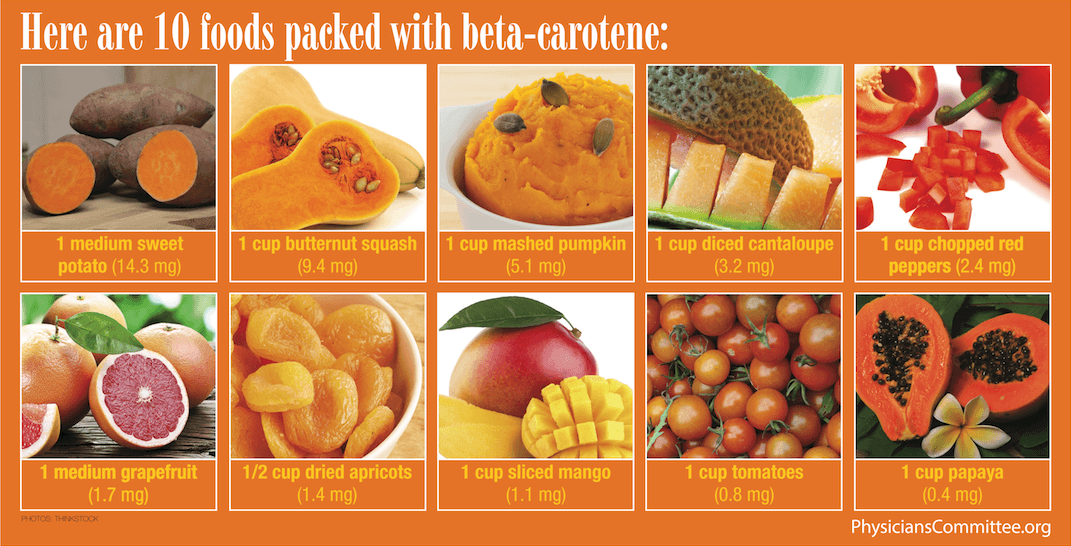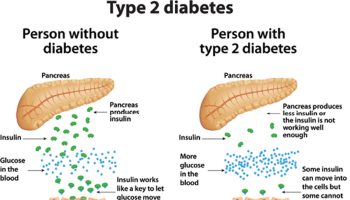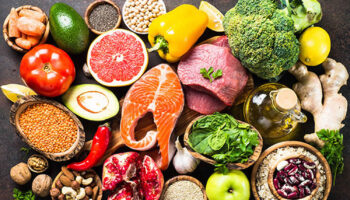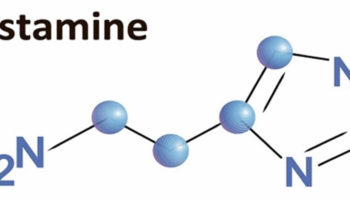
What is Beta Carotene
Beta-carotene is a red-orange pigment found in plants and fruits, especially carrots and colorful vegetables. It is the yellow/orange pigment that gives vegetables and fruits their rich colors.
Carotene is an orange photosynthetic pigment important for photosynthesis. It is responsible for the orange colour of the carrot and many other fruits and vegetables. It contributes to photosynthesis by transmitting the light energy it absorbs to chlorophyll. Chemically, carotene is a terpene. It is the dimer of retinol (vitamin A) and comes in two primary forms: alpha- and beta-carotene. Gamma-, delta- and epsilon-carotene also exist. Carotene can be stored in the liver and converted to vitamin A as needed.
Beta-carotene in itself is not an essential nutrient, but vitamin A is.
Beta-carotene is a carotenoid that is a precursor of vitamin A and the human body converts beta-carotene into vitamin A (retinol). We need vitamin A for healthy skin and mucus membranes, our immune system, and good eye health and vision.
Beta-carotene, like all carotenoids, is an antioxidant. An antioxidant is a substance that inhibits the oxidation of other molecules; it protects the body from free radicals.
Free radicals damage cells through oxidation. Eventually, the damage caused by free radicals can cause several chronic illnesses.
Several studies have shown that antioxidants through diet help people’s immune systems, protect against free radicals, and lower the risk of developing cancer and heart disease.
Some studies have suggested that those who consume at least four daily servings of beta-carotene rich fruits and/or vegetables have a lower risk of developing cancer or heart disease.
Beta-carotene may also slow down cognitive decline. Men who have been taking beta-carotene supplements for 15 or more years are considerably less likely to experience cognitive decline than other males, researchers from Harvard Medical School reported in Archives of Internal Medicine.
What are the benefits and uses of Beta Carotene
- Beta carotene is administered to reduce the severity of photosensitivity reactions in patients with erythropoietic protoporphyria (PORPHYRIA, ERYTHROPOIETIC). (Source 1)
- Beta Carotene has the potential antineoplastic (inhibiting or preventing the growth and spread of tumors or malignant cells) and chemopreventive activities (the use of natural, synthetic, or biologic chemical agents to reverse, suppress, or prevent carcinogenic progression to invasive cancer).
- As an anti-oxidant, beta carotene inhibits free-radical damage to DNA.
- Beta Carotene agent also induces cell differentiation (the process by which a cell becomes specialized in order to perform a specific function, as in the case of a liver cell, a blood cell, or a neuron) and apoptosis (the death of cells which occurs as a normal and controlled part of an organism’s growth or development) of some tumor cell types, particularly in early stages of tumorigenesis (the production or formation of a tumour or tumours) and enhances immune system activity by stimulating the release of natural killer cells, lymphocytes, and monocytes. (Source 2)
- Beta Carotene is administered to reduce the severity of photosensitivity reactions in patients with erythropoietic protoporphyria (porphyria, erythropoietic). (From Pubchem 3 ; Beta-carotene is an anti-oxidant and such can be useful for curbing the excess of damaging free radicals in the body. However, the usefulness of beta-carotene as a dietary supplement (i. e. taken as a pill) is still subject to debate. Beta-carotene is fat-soluble, so a small amount of fat is needed to absorb it into the body. (Source 4).
Which foods are rich in beta-carotene ?
The following foods are rich in beta-carotene:
- Apricots
- Asparagus
- Broccoli
- Carrots
- Chinese cabbage
- Chives
- Dandelion leaves
- Grapefruit
- Herbs and spices – chilli powder, oregano, paprika, parsley
- Kale
- Ketchup
- Many margarines
- Onions
- Peas
- Peppers
- Plums
- Pumpkin
- Spinach
- Squash
- Sweet potatoes.
If you follow a healthy diet rich in beta-carotene you do not need supplements. As mentioned above, supplements can lead to undesirable excesses in beta-carotene levels – this cannot occur if your source is from the food you eat.
References- National Library of Medicine at https://www.ncbi.nlm.nih.gov/mesh/68019207
- National Cancer Institute at https://ncit.nci.nih.gov/ncitbrowser/ConceptReport.jsp?dictionary=NCI_Thesaurus&ns=NCI_Thesaurus&code=C1016
- Reynolds JEF(Ed): Martindale: The Extra Pharmacopoeia (electronic version). Micromedex, Inc, Engewood, CO, 1995.
- Human Metabolome Database at http://www.hmdb.ca/metabolites/HMDB00561






